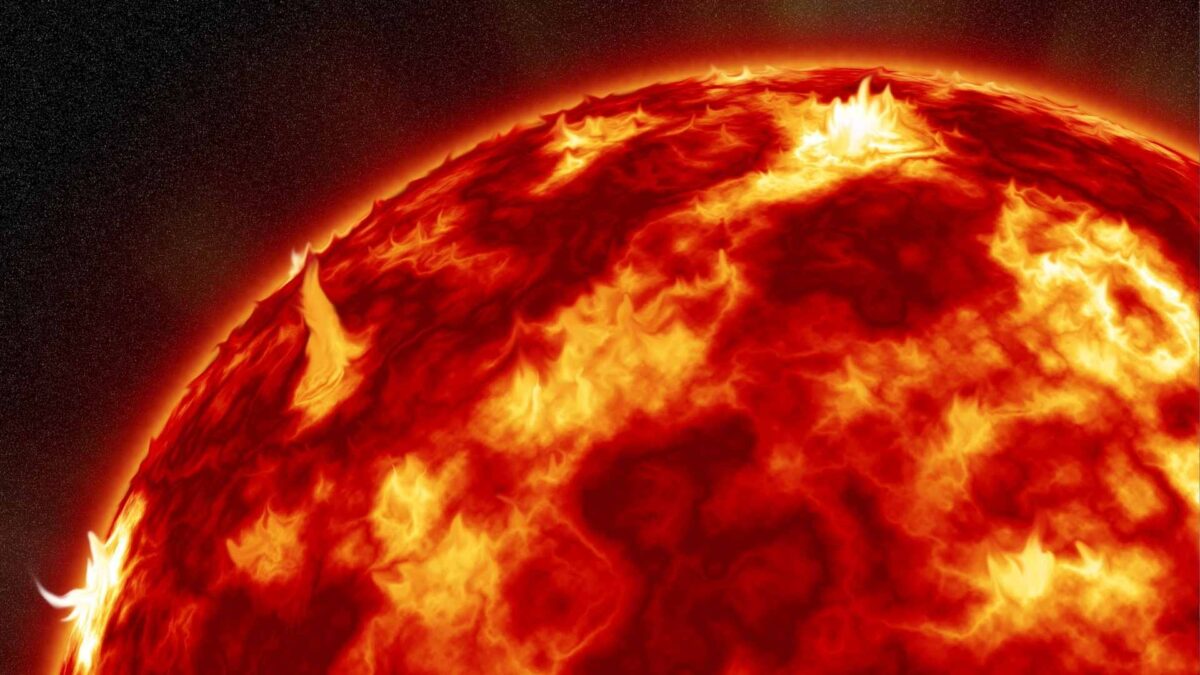
Solar storms linked to higher heart attack risk for women

A new study published in Communications Medicine suggests that geomagnetic disturbances caused by solar storms may be linked to an increased frequency of heart attacks, particularly among women.
Researchers analysed hospital records from São José dos Campos in the Brazilian state of São Paulo covering the years 1998 to 2005, a period of intense solar activity. The analysis included 871 men and 469 women admitted for myocardial infarction, along with readings from the Planetary Kp-Index, which measures variations in the Earth’s magnetic field.
According to Luiz Felipe Campos de Rezende, a researcher at Brazil’s National Institute for Space Research (INPE) and the corresponding author of the article, heart attacks among men were almost twice as frequent regardless of geomagnetic conditions. However, the relative rate among women increased sharply on days of disturbed geomagnetic activity. Among women aged 31 to 60 the rate was up to three times higher than on calm days.
Geomagnetic disturbances occur when solar winds interact with the magnetosphere, the region where Earth’s magnetic field meets charged particles from the Sun. Their effects on satellite communications and GPS are well established but their potential influence on human health remains unclear.
Since the late 1970s studies conducted mainly in the Northern Hemisphere have suggested that solar activity may affect the cardiovascular system through changes in blood pressure, heart rate and circadian rhythms. Rezende said this new research, the first of its kind in Brazil, is not conclusive but raises important questions.
He stressed that the findings should not cause alarm. The study was observational, conducted in a single city with a relatively small sample size. Nevertheless he described the results as an empirical finding of hypothetical significance that deserves further investigation.
Solar activity follows an 11 year cycle and is currently approaching its peak. Disturbances in the Earth’s magnetic field, however, occur sporadically. Scientists around the world are working to improve forecasts of geomagnetic storms. If the link with heart health is confirmed such forecasts could one day help shape public health strategies, particularly for those already suffering from heart problems.
The study was funded by the São Paulo Research Foundation (FAPESP).
Share this WeathÉire story:






